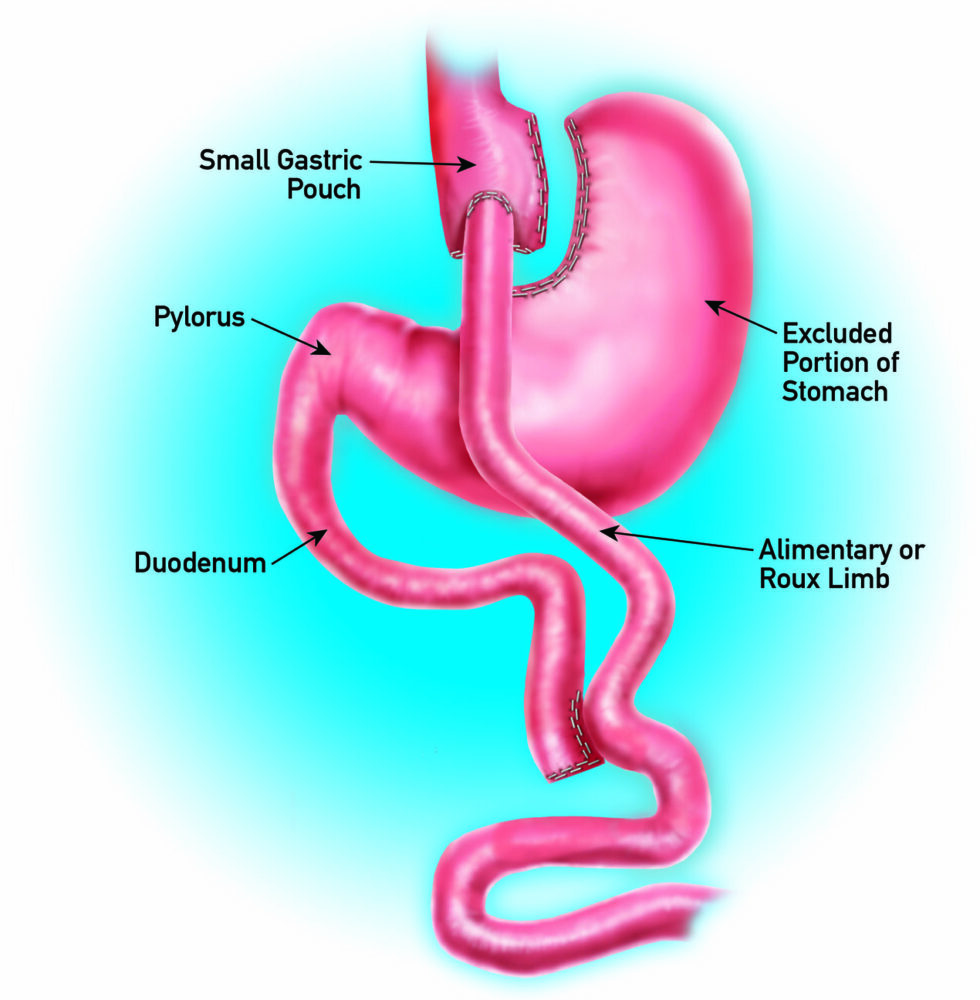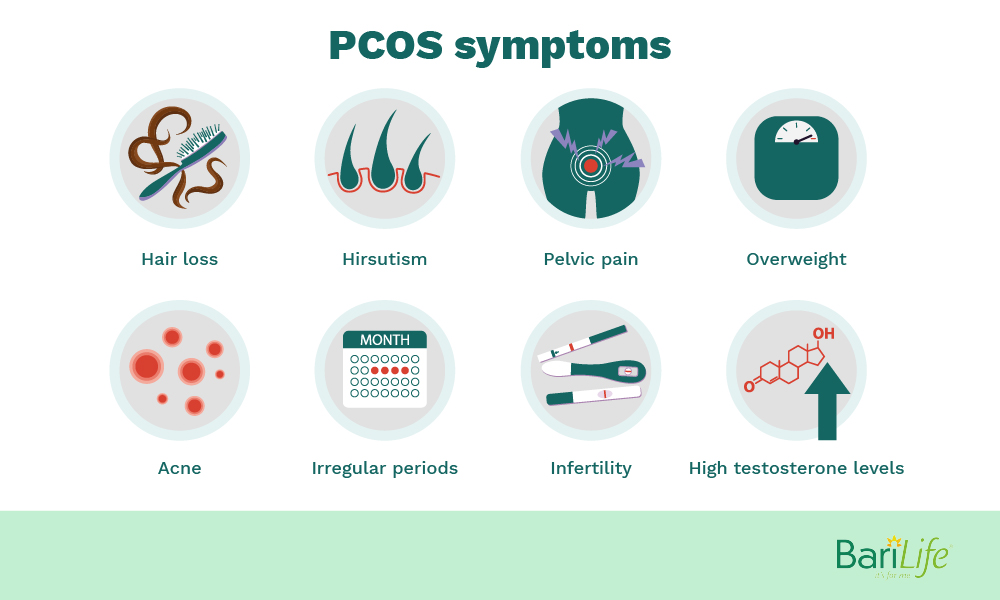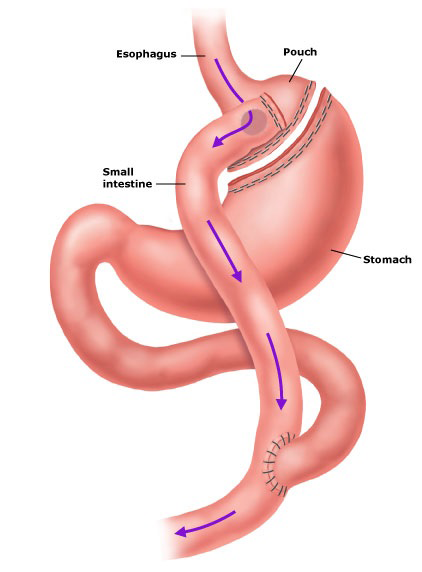can gastric bypass help with pcos Bypass gastric roux surgery bariatric laparoscopic weightwise brugge loss bubbla lottes
Gastric bypass surgery is a weight loss procedure that has been gaining a lot of popularity recently. This surgery takes a patient’s stomach and creates a smaller pouch, effectively reducing the amount of food that a person can eat and decreasing their appetite. While there are many benefits to gastric bypass surgery, there are also some risks and potential drawbacks to consider.
What is Gastric Bypass Surgery?
Gastric bypass surgery is a weight loss procedure that involves rerouting the digestive system. This surgery divides the stomach into two separate sections- a smaller upper pouch and a larger lower pouch. The small intestine is then cut and attached to both pouches. This means that when food is eaten, it bypasses most of the stomach and goes directly into the small intestine. Because the stomach is divided, this allows a person to feel full much more quickly and eat smaller portions of food.
 One benefit of gastric bypass surgery is that it can lead to significant weight loss. On average, patients can lose between 60-80% of their excess body weight within the first year. This weight loss can lead to a reduction in obesity-related health conditions, such as high blood pressure, diabetes, and sleep apnea.
One benefit of gastric bypass surgery is that it can lead to significant weight loss. On average, patients can lose between 60-80% of their excess body weight within the first year. This weight loss can lead to a reduction in obesity-related health conditions, such as high blood pressure, diabetes, and sleep apnea.
Can Gastric Bypass Surgery Be Reversed?
 While gastric bypass surgery is intended to be a permanent weight loss solution, there are situations where it may need to be reversed. For example, if a patient experiences significant complications after surgery, such as severe malnutrition or chronic vomiting, their surgeon may suggest reversing the procedure. Additionally, if a patient regains a significant amount of weight after surgery, their surgeon may also suggest reversing the procedure.
While gastric bypass surgery is intended to be a permanent weight loss solution, there are situations where it may need to be reversed. For example, if a patient experiences significant complications after surgery, such as severe malnutrition or chronic vomiting, their surgeon may suggest reversing the procedure. Additionally, if a patient regains a significant amount of weight after surgery, their surgeon may also suggest reversing the procedure.
It’s important to note that reversing gastric bypass surgery is more complex than the initial surgery. It involves reattaching the small intestine to the stomach and can result in complications such as bleeding, infection, and leaking.
Considerations Before Gastric Bypass Surgery
Before undergoing gastric bypass surgery, there are several factors to consider. First, it’s important to understand the risks associated with the procedure, including bleeding, infection, and blood clots.
Additionally, it’s important to have realistic expectations about the results of gastric bypass surgery. While weight loss can be significant, it’s not a magic solution. Patients will still need to make significant lifestyle changes, including adopting healthy eating habits and incorporating regular exercise into their daily routine.
Overall, gastric bypass surgery is a weight loss solution that can lead to significant improvements in health and quality of life. However, it’s important to carefully consider the potential risks and drawbacks before deciding to undergo the procedure.
If you are searching about Can gastric bypass surgery be reversed?…………… you’ve visit to the right place. We have 5 Images about Can gastric bypass surgery be reversed?…………… like The Roux-en-Y Gastric Bypass ‘The Bypass’ - Tri State Bariatrics, Can gastric bypass surgery be reversed?…………… and also The Roux-en-Y Gastric Bypass ‘The Bypass’ - Tri State Bariatrics. Here it is:
Can Gastric Bypass Surgery Be Reversed?……………
 treatmentinus.comgastric bypass
treatmentinus.comgastric bypass
Gastric Sleeve Vs. Gastric Bypass: Differences, Pros, Cons
 www.healthline.comgastric cons healthline bariatric laparoscopic magenbypass
www.healthline.comgastric cons healthline bariatric laparoscopic magenbypass
Gastric Bypass (RNY) Weight Loss Surgery In Dallas And Plano
 www.drmalladi.comgastric bariatric
www.drmalladi.comgastric bariatric
Gastric Sleeve And PCOS: Everything You Need To Know
 www.barilife.compcos gastric eventually lipids abnormal
www.barilife.compcos gastric eventually lipids abnormal
The Roux-en-Y Gastric Bypass ‘The Bypass’ - Tri State Bariatrics
 www.tristatebariatrics.orgbypass gastric roux surgery bariatric laparoscopic weightwise brugge loss bubbla lottes
www.tristatebariatrics.orgbypass gastric roux surgery bariatric laparoscopic weightwise brugge loss bubbla lottes
Gastric sleeve vs. gastric bypass: differences, pros, cons. Gastric cons healthline bariatric laparoscopic magenbypass. Gastric sleeve and pcos: everything you need to know